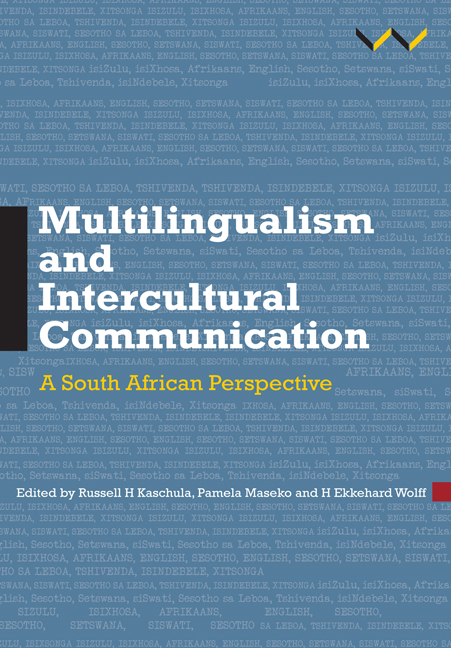Book contents
- Frontmatter
- Contents
- Tables and figures
- Preface
- Abbreviations and acronyms
- Central terms and concepts
- Introduction
- Prologue: The essentialist paradox in intellectual discourse on African languages
- Part One African language empowerment: concept formation and intellectualisation
- Part Two Language planning, terminology development and dictionaries
- Part Three Language in education
- Part Four Language in the professions: law, media, science and language technology
- Part Five Language, culture and intercultural communication
- Acknowledgements
- Contributors
- Index
Introduction
Published online by Cambridge University Press: 23 March 2018
- Frontmatter
- Contents
- Tables and figures
- Preface
- Abbreviations and acronyms
- Central terms and concepts
- Introduction
- Prologue: The essentialist paradox in intellectual discourse on African languages
- Part One African language empowerment: concept formation and intellectualisation
- Part Two Language planning, terminology development and dictionaries
- Part Three Language in education
- Part Four Language in the professions: law, media, science and language technology
- Part Five Language, culture and intercultural communication
- Acknowledgements
- Contributors
- Index
Summary
There is a dire need for continued general and focused research in the fields of multilingualism in South Africa (and globally). In a certain way, this book builds on Liesel Hibbert's and Christa van der Walt's Multilingual Universities in South Africa: Reflecting Society in Higher Education, published in 2014. In this book, however, the topic is broadened to include intercultural studies, concept development and multilingualism across various academic disciplines. The book covers a wide range of issues: after sketching out the historico-political and ideological constraints on the use of languages imposed by missionaries and colonisers, by the apartheid regime and during post-1994 societal transformation, it examines the challenges of empowerment through intellectualisation by weighing the purported terminological deficits of African languages against the obvious cognitive benefits of learning and teaching through African mother tongues, even in the domain of higher education. The book explores the everyday challenges faced by individual members of essentially multilingual societies, whether in courtrooms or the matric examination hall, and considers the professional necessities of visions for a knowledge-based society, particularly in the dawn of enhanced cultural awareness and intercultural competencies in a globalising world.
The prologue embeds the overall topic within the context of ongoing intellectual and political discourse on the ‘language question in Africa’ in general, and on the roles and functions to be designed for the African mother tongues in official language policies and implemented with regard to education in particular. The central issue remains the relevance of mother tongues for the enhancement not only of the overall cognitive development of learners, but also of their capacity to competently acquire the additional languages that are necessary given the multilingual contexts of African postcolonies in a globalising world.
Part 1 of the book (chapters 1 and 2) deals with empowerment based on the scientific study of concept formation in and strategies for the intellectualisation of African languages. Chapter 1 outlines the main research foci in contemporary African language research paradigms.
- Type
- Chapter
- Information
- Multilingualism and Intercultural CommunicationA South African perspective, pp. 1 - 3Publisher: Wits University PressPrint publication year: 2017



